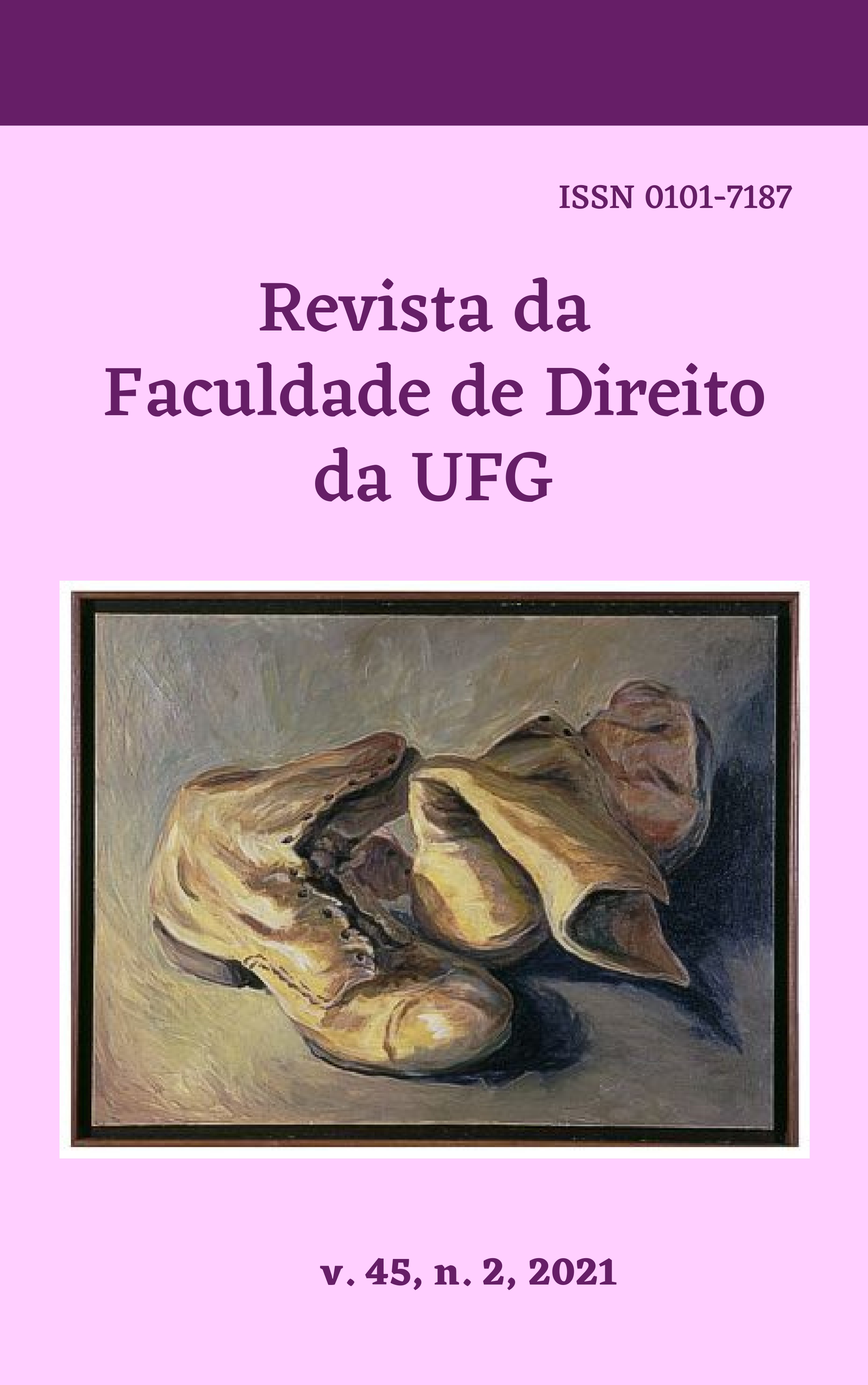APLICAÇÃO DA INTELIGÊNCIA ARTIFICIAL NA IDENTIFICAÇÃO E CLASSIFICAÇÃO AUTOMÁTICA DE INCIDENTE DE RESOLUÇÃO DE DEMANDA REPETITIVA NO TRIBUNAL DE JUSTIÇA DO BRASIL
DOI:
https://doi.org/10.5216/rfd.v45i2.70086Resumo
Uma das áreas do conhecimento com diversas possibilidades de aplicação da inteligência artificial é o Direito. Mudanças recentes na legislação brasileira têm facilitado o uso de recursos de tecnologia da informação para agilizar o andamento e julgamento de casos, como incidentes de resolução de demanda repetitiva (IRDRs). O objetivo deste artigo é desenvolver e aplicar método de IA que possa identificar e relacionar novos processos judiciais com julgamentos repetitivos consolidados (IRDRs). Os conjuntos de dados utilizados nesta pesquisa são documentos de julgamento repetitivo de juízes e consolidados em IRDRs. Os documentos judiciais são transformados em vetores com pesos. A construção dos pesos no vetor é baseada na coocorrência dos termos, calculada a partir da combinação do termo frequência-frequência inversa do documento e sua similaridade no corpus do mesmo IRDR. Redes neurais artificiais são treinadas com esses vetores para reconhecer se novas ações judiciais estão relacionadas a um IRDR. A metodologia proposta obteve 93% de acurácia, 97% de precisão e 93% de recuperação nas simulações, o método pode agilizar o trabalho do Tribunal de Justiça, buscando solucionar os conflitos da sociedade o mais rápido possível. Embora o método possa ser utilizado em diversos cenários, as simulações foram realizadas em documentos em texto do Poder Judiciário.
Downloads
Downloads
Publicado
Como Citar
Edição
Seção
Licença
Os Autores que publicam nesta revista concedem à Revista da Faculdade de Direito da UFG uma licença mundial, sem royalties, sujeita aos termos e condições da Licença Jurídica Creative Commons Atribuição 3.0 Brasil Creative Commons Attribution License
Os autores concedem à RFD UFG todos os direitos autorais sobre os artigos nela publicados, que os mantêm com exclusividade até o advento de domínio público sobre os mesmos.
























